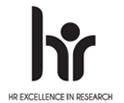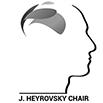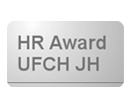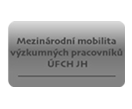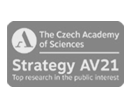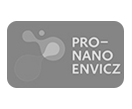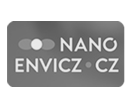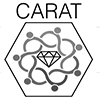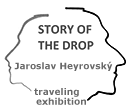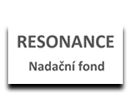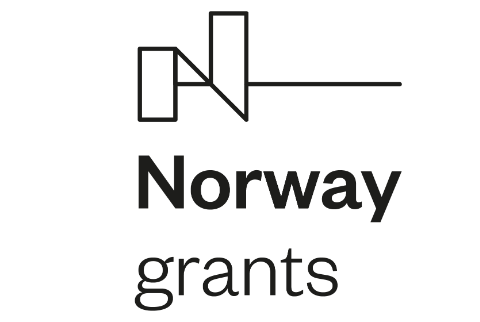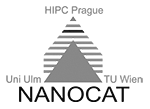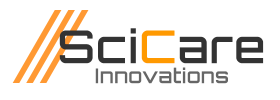Heyrovsky institute opened its door: Presented OP JAK projects
On Thursday, May 15, 2025, our institute presented projects implemented under the Johannes Amos Comenius Programme (OP JAK) of the Ministry of Education, Youth and Sports. During the 4th annual event "Heyrovský institute opens its door" about 70 guests from academic and business spheres had the opportunity to glimpse into the world of cutting-edge research that is changing our world. Scientists from various institutes and universities presented their current scientific projects related to quantum technologies, conversion and storage of electrical energy, biosensors, and photocatalysis, which can purify wastewater.
The conference was opened by institute director Martin Hof, who welcomed all attendees, emphasized the importance of connecting scientific research with practical applications, and highlighted how the Heyrovsky Institute continues the scientific legacy of Nobel Prize laureate Jaroslav Heyrovsky. This was followed by a presentation by Ing. Jakub Uchytil from the Ministry of Education, Youth and Sports, who introduced funding opportunities for science and research within the OP JAK framework.
The greatest attention, however, was naturally drawn to the scientific projects themselves and their unique results. Visitors had the opportunity to see technologies that sounded like science fiction just a few years ago.
From quantum technologies to saving lives
One of the most discussed exhibits was an apparatus for preparing cold molecular ions – a device for quantum technologies that combines trapped atomic ions with molecular ions prepared using superfluid helium nanodroplets. This device is being developed by a scientific team within the QUEENTEC project. It is a technology that enables the creation of molecular ions at extremely low temperatures and could significantly push the boundaries of quantum computing performance in the future.
Equally interesting was the innovative photocatalyst from the Center for Innovation in Nanomaterials and Nanotechnologies at the J. Heyrovsky Institute of Physical Chemistry of the Czech Academy of Sciences, which can effectively remove antibiotics and other hazardous substances from wastewater even at very low concentrations. At a time when water quality represents a global challenge, this is a technology with great potential.
Also noteworthy were cutting-edge biosensors that can literally save lives through early detection of dangerous substances. Whether it's detecting bacteria in food, toxins in drinking water, or early stages of cancer, these sensors operating on the principle of light detection represent a revolution in diagnostics. They are being developed by researchers in the laboratories of the Institute of Photonics and Electronics in the AMULET project.
Energy of the future
Projects focused on sustainable energy also generated great interest. An experimental battery with a nanostructured anode made of silicon particles was presented, promising higher capacity and longevity compared to conventional batteries with graphite anodes. This research, conducted within the AMULET project, can significantly contribute to improving the performance of lithium-ion batteries in demanding applications.
Visitors could also see firsthand the technology for converting electrical energy to hydrogen through a laboratory electrolyzer. This demonstration of the ECO&Stor project presented a comprehensive solution including catalysts, ionomers, electrolyte membranes, and bipolar plates – components key to the future of hydrogen energy.
Collaboration bears fruit
Four OP JAK projects were presented at the conference:
- AMULET (Advanced MUltiscaLe materials for key Enabling Technologies), presented by doc. Martin Kalbáč from the J. Heyrovsky Institute of Physical Chemistry of the Czech Academy of Sciences.
- SenDISo (Sensors and detectors for information society) led by Dr. Jakub Dostálek from the Institute of Physics of the Czech Academy of Sciences.
- ECO&Stor (Energy conversion and storage), presented by Prof. Petr Krtil from the J. Heyrovsky Institute of Physical Chemistry of the Czech Academy of Sciences.
QUEENTEC (Quantum engineering and nanotechnology), presented by Prof. Pavel Zemánek from the Institute of Scientific Instruments of the Czech Academy of Sciences.
The event culminated in an informal gathering and discussions at individual booths in the foyer, where visitors had the opportunity to explore the presented technologies in more detail and communicate directly with their creators.





